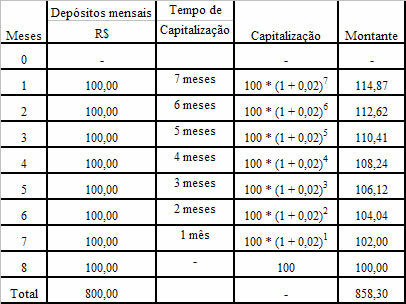the greek word psyche is the term used by many writers of antiquity to understand what we would come to call in the Latin language of animate or soul. Since Homer, it gains contours of smoke, shadow, a less dense aspect of what the body is. Philosophy itself, with Anaximenes, understands that the soul is a breath, a kind of moving air that moves things corporeal, cooling them and keeping them in motion (just note that the corpse does not breathe, so the body dies or remains in rest).
However, from mystical and religious conceptions, such as Orphism and Pythagoreanism, the notion of soul gained more conceptual contours, albeit dialectically, without intending to form an absolute position about it or demonstrate what she be. Plato was responsible for this change. In several texts, this author approaches questions about the soul, but not always a position that is univocal. We will talk about some of them, in order to understand that they can be a set.
In the first place, when trying to define Man, it is seen that it is either a body, or a mixture of body and soul, or it is the soul. This is because, in view of the discussion, it is evident that the body is ephemeral, transitory and part of a structure. The soul is the intrinsic (or psychic, as will be said later) unit of man. The man is his soul.
In another dialogue, the soul is linked to language, but, being associated with the body, it suffers from the relationship with it. Thus, when the body is bad, the soul can also get sick and the treatment should be carried out on the basis of what we now call psychosomatic therapy (psyche = soul; sum = body). This position only reinforces the previous one that the soul is man's psychic unit.
In a third approach, the body is treated as the place where the soul dwells, being it the expression or the sign (semainei; sema = sign, looks like sum) of the soul. Thus, the soul is different from the body and uses it as an instrument to carry out its purposes.
But only in mature dialogues does Plato manage to outline the subject in greater detail. By conceiving reality in different instances, sensitive and intelligible (the latter being the basis of knowledge, since it is stable, immobile, immutable, eternal, identical, uncreated, etc.), the world of ideas, as an object of knowledge, would need a subject who was similar. This is how the soul is understood as a principle of movement, generating life, but participating in what is divine.
It is through the soul that man knows, according to Plato. The body and sensations explain “how” things are. The soul and intelligence explain “what” things are. That is why the soul is this transit between the two worlds, intelligible and sensible, even though its characteristics are given by the intelligible world. The soul has to resemble what it seeks or aspires to: ideas. And even though incarnated in a body, death refers only to that material, divisible, multiple, unstable part. The soul as a unit does not dissolve, but seeks, according to the eschatological myths that Plato narrates, improvement from a series of reincarnation cycles. The atonement is given for the faults committed in past lives that the soul keeps in its memory and when contemplating the intelligible it makes its choice of the life it wants to live. Then, it sets itself in motion again to carry out its trajectory, but the body becomes an obstacle and makes it partially forget what it contemplated in the intelligible world. This is how she seeks knowledge as an attempt to purify the soul, through intelligence. The soul is therefore the subject of knowledge.
By João Francisco P. Cabral
Brazil School Collaborator
Graduated in Philosophy from the Federal University of Uberlândia - UFU
Master's student in Philosophy at the State University of Campinas - UNICAMP
Source: Brazil School - https://brasilescola.uol.com.br/filosofia/imortalidade-alma-platao.htm

